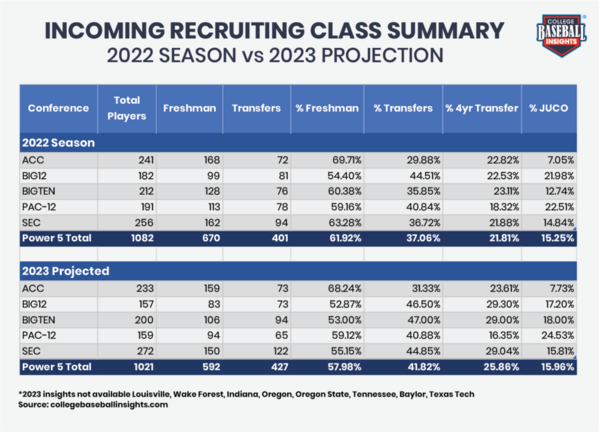@PitchingFan posted:I know this is the case at some schools but I must defend Tennessee who has been accused of it, not on here but in other circles. Their starting lineup this year as the #1 team in the nation is
5th year new catcher who moved from LF and transformed himself, 6th year first baseman, new starting second baseman junior, new starting SS junior, new starting third baseman junior, LF is a mixed bag as no one has claimed that spot which includes juco transfer, freshman, sophomore, and junior. CF and LF are three year starters.
Pitchers: Friday guy is freshman, Saturday guy is transfer sophomore from mid major, Sunday guy is freshman, first RHP out of bullpen is senior, second RHP is junior, closer is juco junior transfer who sat out last year due to TJ but was at UT, first LHP out of bullpen is junior who has played all three years, second is junior who really came on this year, and LHP closer is 5th year who has played four years.
DH role is mix with 2 juniors and 2 freshmen.
Our coaching staff has done a great job of keeping guys who were not getting playing time and recruiting high end guys. Add in a small mix of transfers, juco and D1. They have gotten guys to buy into the program and wait their turn and they are being rewarded by it and will be drafted for it. Covid helped with the 2 fifth year and 1 sixth year guys. I think they have strong mix of guys who played from day one to guys who waited and were developed. Our pitching staff has been developed by one of the best in the nation at any level and hitters are incredible.
Agree. Players need to understand, when $$$ are involved it is the business of college baseball.


